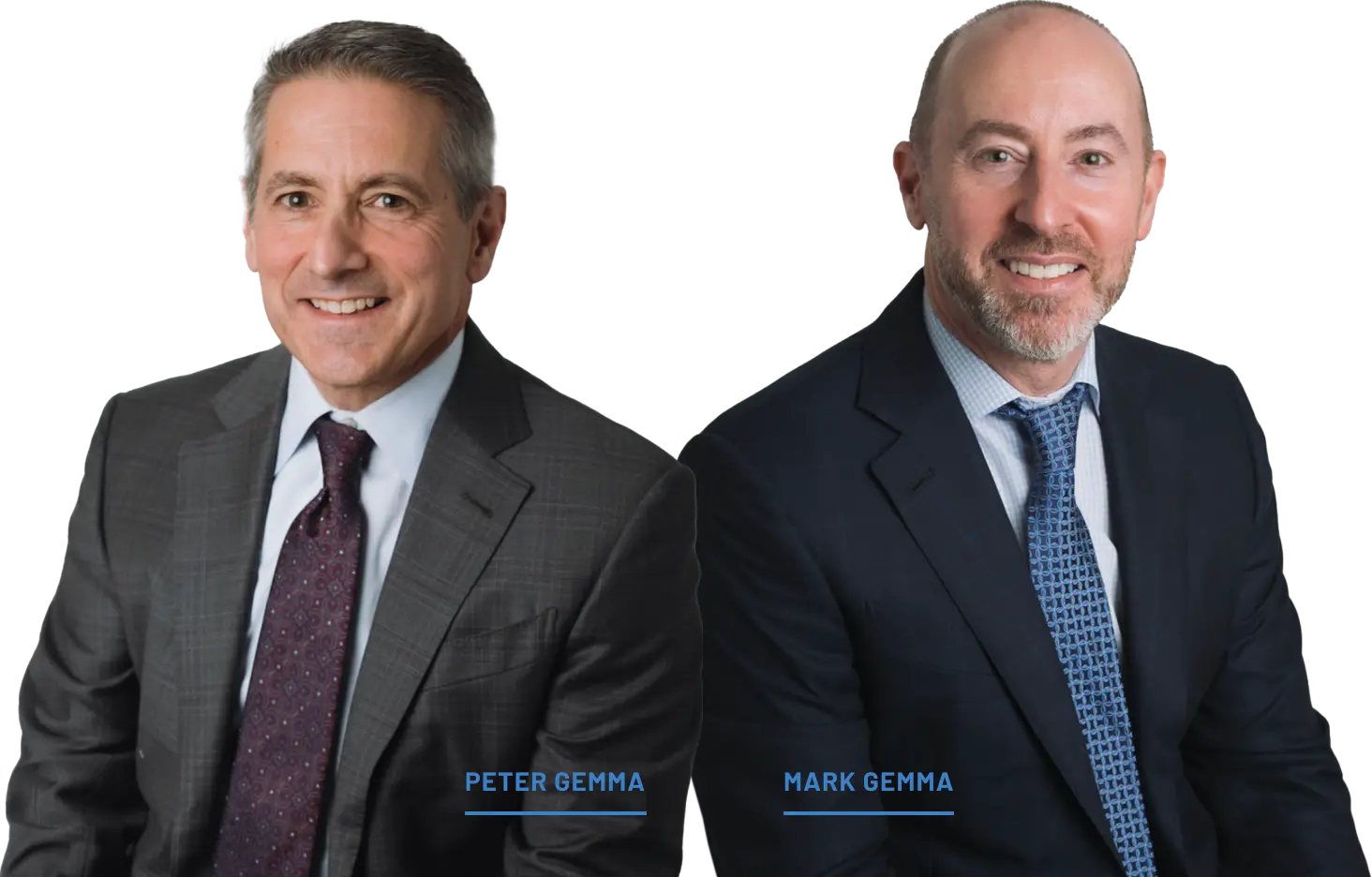After a car accident, your insurance company may tell you your car is “totaled.”
In other words, your car is so severely damaged that it has no value and will cost more to repair it than the vehicle is worth.
You may wonder how this decision is made and how you can tell if it’s the right decision. After all, once a car is declared totaled and you accept a settlement check, your claim is concluded. This is what the insurer wants. It may not always be in your best interests.
The Rhode Island car accident lawyers of Gemma Law Associates want you to consider the following:
Your Car’s Value May Be Higher than What the Insurer Says
There are two ways you will deal with an insurance company after a car wreck in which the car is declared totaled:
- If the accident is your fault – If you have collision coverage, the insurer should write you a check for your car’s actual cash value (ACV) minus your policy’s deductible.
- If the accident is the other driver’s fault – His or her insurer should pay the ACV to the car’s owner (you, perhaps, or your bank or credit union) with no deductible.
Determining the ACV is essential. A higher value benefits you. However, your insurer is looking after its bottom line. A lower ACV works better for your insurance company.
The ACV generally should be based on your car’s “Kelley Blue Book” value and data about car sales in your area minus any damage that existed before the accident. If it costs more to repair the new damage to your car than your insurer can make by writing you a check for its ACV and selling the car for salvage, a claims adjuster will say your car has been totaled.
You should challenge the value a claims adjuster puts on your “totaled” car. You may deserve more.
You might make a counteroffer to the insurance adjuster. For instance, you could ask for 10 percent more than the insurer’s offer. With some knowledge of local car values or some research, you can make a case for a better payoff.
Two approaches are:
- Establishing higher market value – You might ask for more if you can show that comparable vehicles have a higher fair market value. Who knows how good your insurance adjuster’s data is? Maybe the adjuster is looking at prices that aren’t local. If you can show several comparable cars in your area with higher prices, you can argue that your car’s ACV should reflect this information.
- Establishing a higher value for your car – Your car may not be comparable to other cars on the market. For example, if your car had a custom paint job or it was upgraded with after-market parts, it should be worth more than typical cars. Even new parts installed during recent repairs would increase your car’s value.
Is It Ever Good To Have Your Car “Totaled”?
You might want to take the settlement for your “totaled” car and have it repaired anyway.
Remember: The insurer will deduct what it could have made by selling your car as salvage, and the insurer will withhold your policy’s deductible.
You should also keep in mind that you will have to file a salvage title with the Rhode Island DMV. This will require a small fee. The salvage title will stay with the car and lower its value despite your repairs.
Sometimes, it’s good to have your car totaled by insurance after an accident. It may be easier to replace the damaged vehicle regardless of its actual condition.
If the adjuster doesn’t want to declare your car totaled, again, you can challenge the adjuster. Suggesting that the car’s frame is likely to be damaged or that there could be other hidden damage that might be enough. The adjuster probably wants to close the case and move on. So, if it’s a close enough call, the adjuster might go along with you.
Our Lawyers Can Help If Your Car Is “Totaled By Insurance” After a Rhode Island Car Accident
You can often get a better settlement after a car accident if you know the process, have some extra information on your side, and make an effort to press your case with the insurance adjuster. That’s what Gemma Law Associates can offer you.
We can review your claim and the settlement offered for your totaled car. If it’s a fair deal, we will say so. If it’s inappropriate, we’ll explain why and how we will work to get a better settlement.
Contact us today for a free case review and learn more about how we can help you.
Serving the Greater Providence metro area, including Warwick, Cranston, Pawtucket, North Providence, South Kingston, Coventry, Cumberland, Woonsocket, and East Providence.

